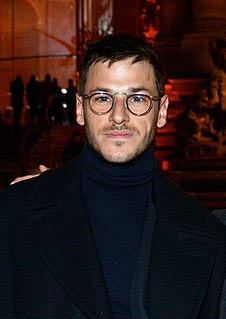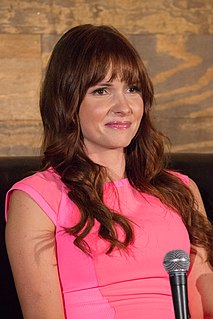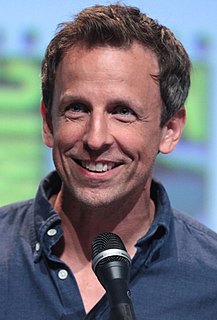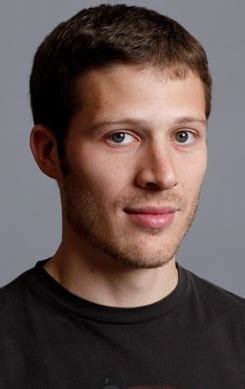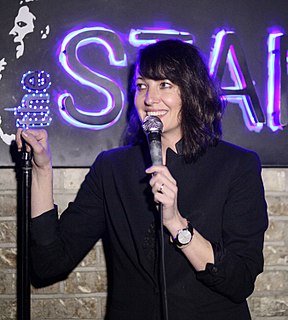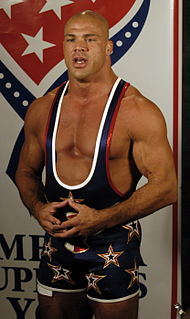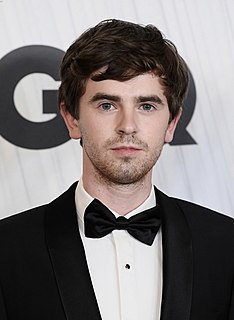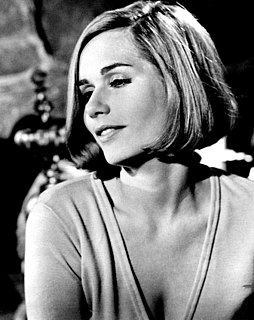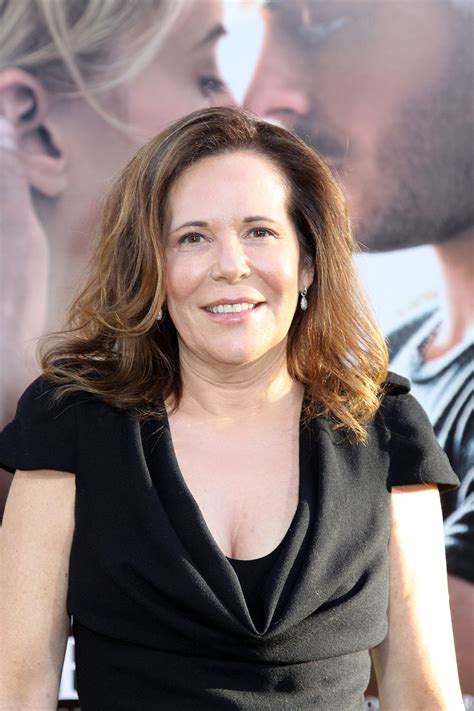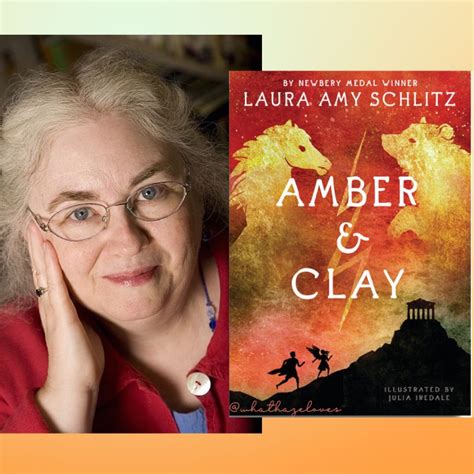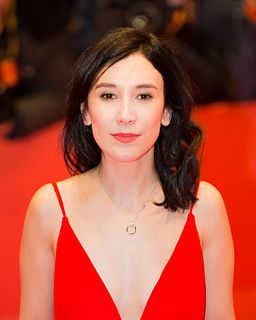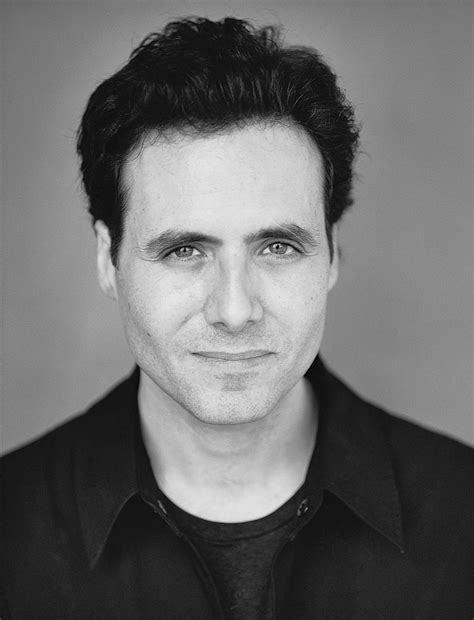A Quote by Gaspard Ulliel
I had a really regular progression--and this is really pleasant, I think--because I had small parts in TV movies, then bigger parts in TV movies, and then small parts in films. And I think this allows you to get...experience of the set and to get familiar with [the process]. And as I had a really slow progression, I think it really helped me to stay lucid and not get carried away.
Related Quotes
There's something really cool about TV. TV, you get the luxury of having the same people around. It is such a blessing when you get a TV job. You really have a chance to get to make, like, work friends. I think TV is one of the few mediums where I've had the opportunity to get to know my crew members.
I think there are two sides of the coin. On one hand, it can be challenging to access different parts of yourself, and you kind of have to put yourself back into reality when you're done with the job. But I think it's also really cool to have the ability to try on being different people and to explore some parts of yourself because you get to know yourself better. You get to know parts of yourself that you haven't met before. I think that's something that I've been learning more recently.
It wasn't exactly a cattle call. I had an agent, and they were seeing people for the parts, so my agent said, "Here's the script, see if there's anything that speaks to you." And I did, and I called my agent and said, "I think this character Data is kind of interesting," and she said, "Well, okay, I'll get you the appointment with Junie Lowry." I had to read with the casting agent first, 'cause nobody really knew me then. Then after that, I had, I think, six different auditions for the role. And finally it was me [on Star Trek].
Everybody's been decrying the death of movie theaters for decades and, you know, people are still going to the movies in droves. It's gone down, but it hasn't gone down that much. I think the biggest change has been the emergence of cable and streaming on television. That has really had a dramatic effect, and I think it's a positive one. I think there's really good work going on there, and as movies stratify to being these gigantic tentpole movies, and small movies, I think it gives another outlet for character-driven material.
As an author, you think you know where the good parts and the bad parts are. And then you read to a group of children, and you learn when you're boring them, and you hurry through those sections to get to the parts where they're interested again. You start to get a sense of your story's rhythm and flow.
David Foster Wallace: I think one of the insidious lessons about TV is the meta-lesson that you’re dumb. This is all you can do. This is easy, and you’re the sort of person who really just wants to sit in a chair and have it easy. When in fact there are parts of us, in a way, that are a lot more ambitious than that. And what we need, I think—and I’m not saying I’m the person to do it. But I think what we need is seriously engaged art, that can teach again that we’re smart. And that there’s stuff that TV and movies—although they’re great at certain things—cannot give us.
